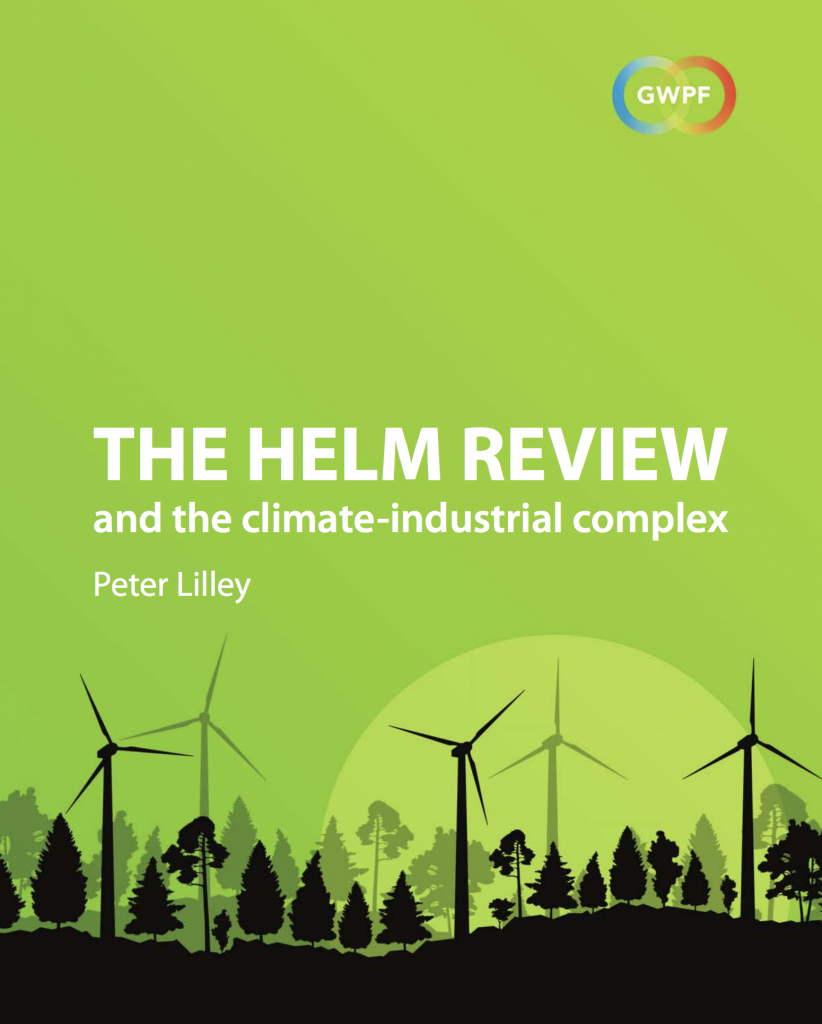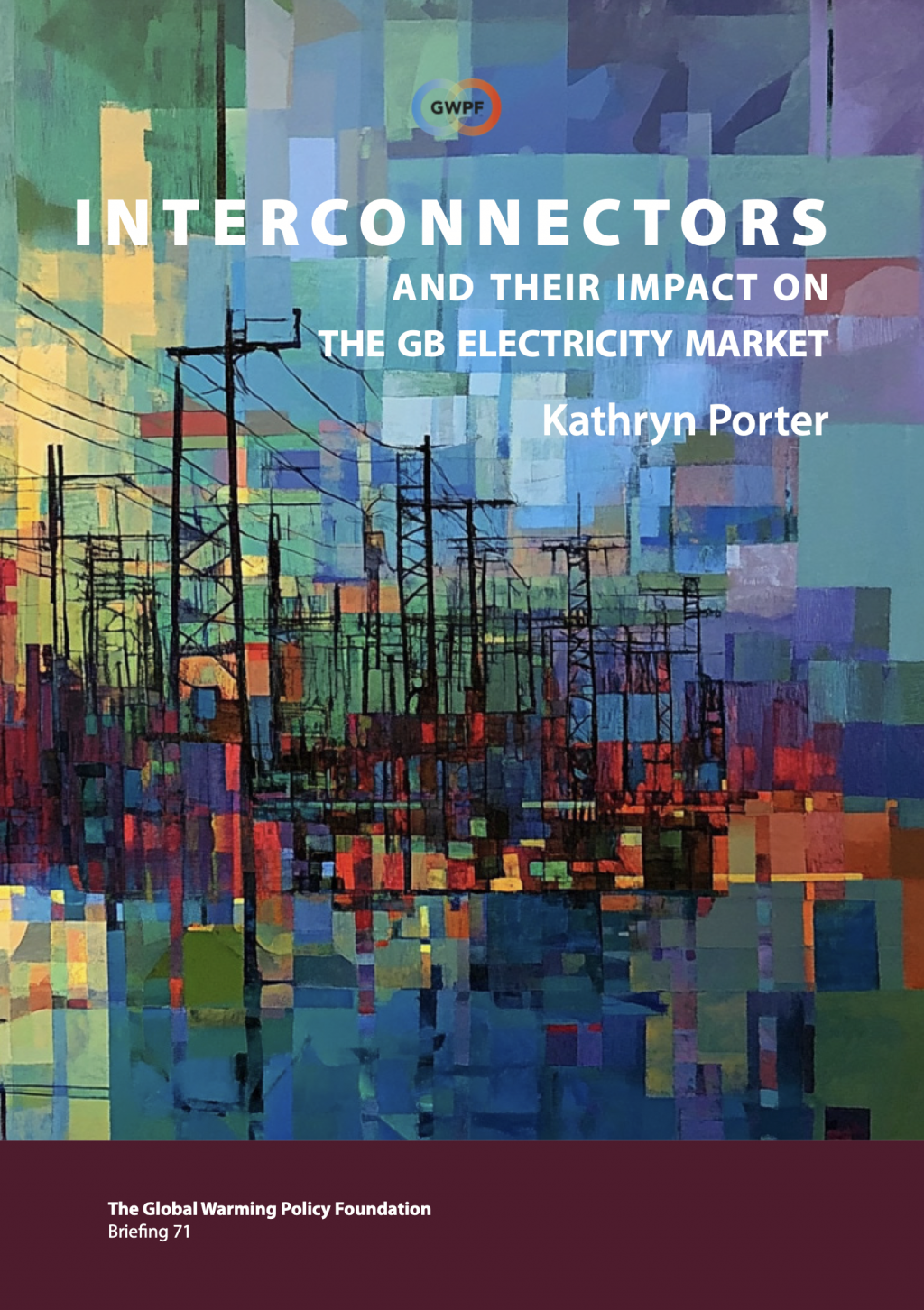Former Trade and Industry Minister, Peter Lilley warns that vested interests in the renewables industry, politicians of all parties, the bureaucracy and academia have together largely suppressed debate about their reckless waste of public money exposed by the government’s own Review of the Cost of Energy by Dieter Helm.
In a paper published by the Global Warming Policy Foundation, Peter Lilley highlights Professor Dieter Helm’s devastating critique, outlined in the Cost of Energy Review which was commissioned by the government. “Helm shows that the Climate Change Act objective of cutting emissions of carbon dioxide could have been met for a fraction of the £100 billion so far committed, which has already raised the cost of energy by 20%.”
Lilley argues that, even more significant than the reckless waste of public money exposed by Professor Helm is the success of the vested interests – industrial, political, bureaucratic and academic – in dampening any debate about it. “Normally waste on this scale would cause an outcry in Parliament and elsewhere. But the vested interests simply damned Helm’s review with faint praise and consigned it to oblivion.”
It is evidence, Lilley claims, that President Eisenhower’s famous warning against the power of not just the ‘military-industrial complex’ but also similar combinations in areas of civil policy is coming true. “As Eisenhower presciently warned: ‘…a government contract becomes virtually a substitute for intellectual curiosity…The prospect of domination of the nation’s scholars by Federal employment, project allocations, and the power of money is ever present and is gravely to be regarded’. We are seeing the emergence in the UK of a powerful ‘climate-industrial complex’”.
“Moreover, if the climate-industrial complex can show such reckless disregard for basic economic truths, there is a danger that they may be equally careless in exaggerating the risks arising from global warming science (the basic truth of which, as a scientist, I entirely accept). Most scientists remain scrupulously objective in their own work. But they know it is more than their career is worth to question exaggerated claims others may make of the scale, speed or impact of global warming. So, alarmist claims go unchallenged while evidence that we could adapt to global warming rather than try to prevent it is played down.”



